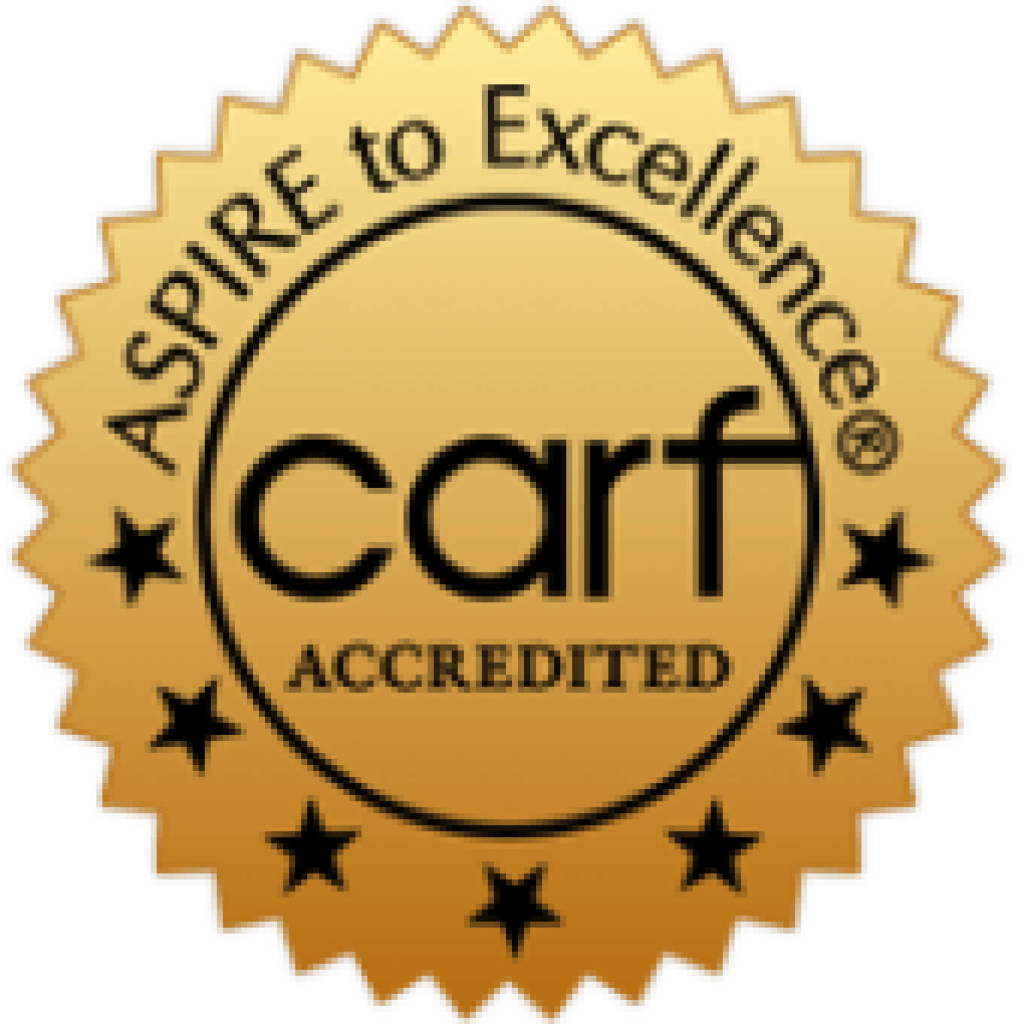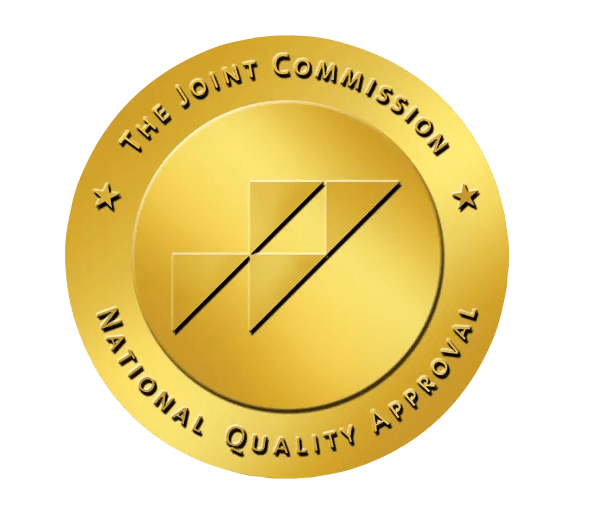Opioid Abuse and Addiction
A severe opioid crisis is taking over the country, causing over 100 deaths every day in the United States. The risk of overdose increases when a person becomes addicted. Opioid addiction is characterized by compulsive use and lack of control over the drug. Continuing to use opioids despite major consequences is the biggest sign of addiction.
What is Considered an Opioid?
Opioids include but aren’t limited to the following:
- Codeine
- Fentanyl
- Heroin
- Hydrocodone (also known as Vicodin, Norco, Lortab)
- Hydromorphone (also known as Dilaudid)
- Morphine
- Oxycodone (also known as Oxycontin)
Signs and Symptoms of Opioid Abuse
The biggest step into overcoming addiction is to know the signs of abuse. The signs may not be obvious – people experience addiction differently, making opioid abuse difficult to notice. Here are common signs and symptoms of opioid abuse and addiction:
They Experience Behavioral Changes
A change in behavior is often the first sign. The person may avoid making eye contact with friends and family, experience mood swings, and can quickly become irritable, nervous, excited or euphoric. They can go through abrupt changes in energy levels and can quickly become hostile without any warning. You may notice this person will abruptly change friend groups, engage in secret activities, and become isolated. Overall, you may notice something is off.
You May Notice Physical Changes
Using opioids takes a toll on a person’s body. You may experience noticeable changes in physical appearance – this could be weight loss or weight gain. You could notice a slurring in their words or a raspy voice when they talk. Their breathing may be slower than usual. You may notice coordination issues when they walk. Other changes you may notice include small pupils, flushed skin, extreme drowsiness, or scarring or needle marks on their arms, hands, or feet.
They May Appear Drowsy
You may notice this person frequently appears drowsy and distant from their family and friends. When you talk to them, you might notice something seems off – they lack awareness and are no longer interested in their usual hobbies. This person may be seen drifting off or falling asleep more frequently than they used to.
You May Notice Memory Problems
If they appear confused, disoriented, or have problems concentrating, that could be a sign of opioid abuse. You may notice they’re slow to answer questions and ignore obligations. All of this can affect relationships, work, and school.
They May be “Doctor Shopping”
“Doctor shopping” is when a patient obtains opioid prescriptions from multiple healthcare providers, without the prescribers knowing that the patient already has another prescription. They may claim to have “lost” their prescription and need another one filled. Often, they are not taking the medication as prescribed and run out of the pills too early. They may also complain the pain is so bad they need a stronger prescription.
You May Find Odd Items / Drug Paraphernalia
Opioids are abused in several ways. They’re taken orally, snorted, smoked, or injected. You may find odd items in rooms or trash cans – like piles of burnt tinfoil, medication bottles with labels ripped off, tiny pieces of balloons, or bloodied cotton swabs. You might find other abuse items like hose clamps, syringes, needles, rolled up dollar bills, and so on.
Drug Rehabilitation Program
If you or someone you know relates to any signs of opioid addiction, it is crucial to seek help. At Holland Pathways , we help those with substance abuse rebuild their lives and relationships. We offer medically-monitored detox, inpatient, and outpatient programs.






